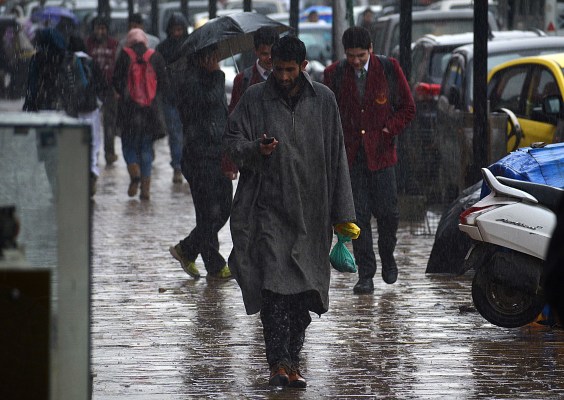For the first time in eight months, people in Kashmir can use WhatsApp, Facebook, Twitter and other social services without any fear or use of specialized software — though things are not back to normal yet.
India said on Wednesday that it has temporarily lifted the ban on social media services and on the much broader internet, giving some relief to people and tens of thousands of businesses in the Himalayan region for two weeks.
New Delhi imposed a total communications blackout in the India-controlled territory in early August last year after withdrawing the special rights of Jammu and Kashmir. The government said the move was necessary to maintain peace in the region.
The move, which eventually became the biggest internet shutdown and crackdown of social media in any democracy, received wide criticism from human rights activists around the globe, as well as from lawmakers in the U.K. and the U.S.
The region, home to more than 7 million people, faced many challenges without access to the internet. The Kashmir Chamber of Commerce and Industry said that at least 150,000 jobs were lost.
India’s top court ruled in January that the Narendra Modi -controlled government’s move to enforce an “indefinite” communications blackout amounted to abuse of power, and sought an explanation.
In the wake of the order, India opened access to about 300 websites, which did not include social media services, and capped mobile data speeds at 2G level. One analysis had found that more than a third of the whitelisted websites were largely inaccessible.
To bypass the censorship, some users began to use VPN apps on their smartphone, an act that local authority quickly deemed “unlawful” and moved to open cases against hundreds of citizens.
On Wednesday evening (local time), several people in Kashmir confirmed that they were able to access WhatsApp and other social media services again — though there remains restriction on their mobile data speed.
According to a notice issued by the region’s home secretary, the restoration of the internet will remain in effect till March 17.
